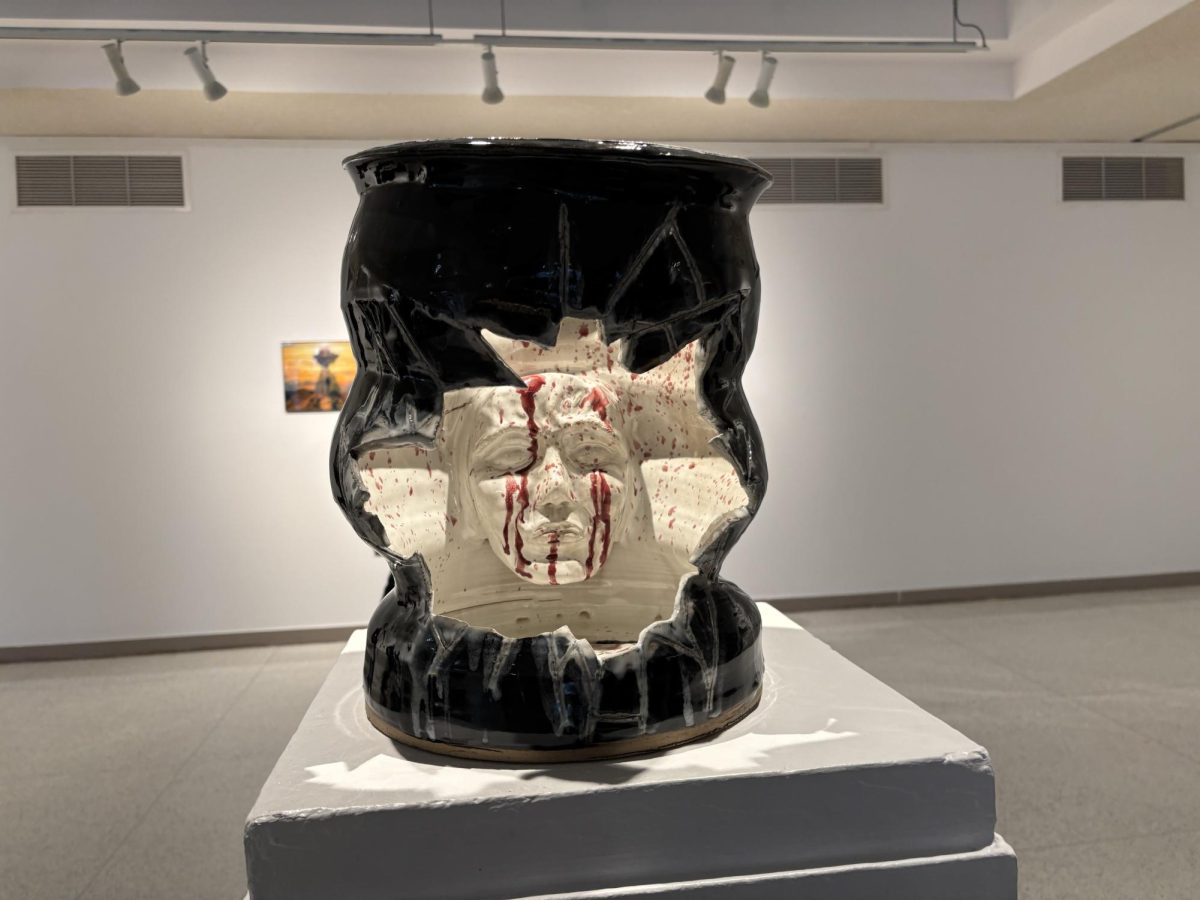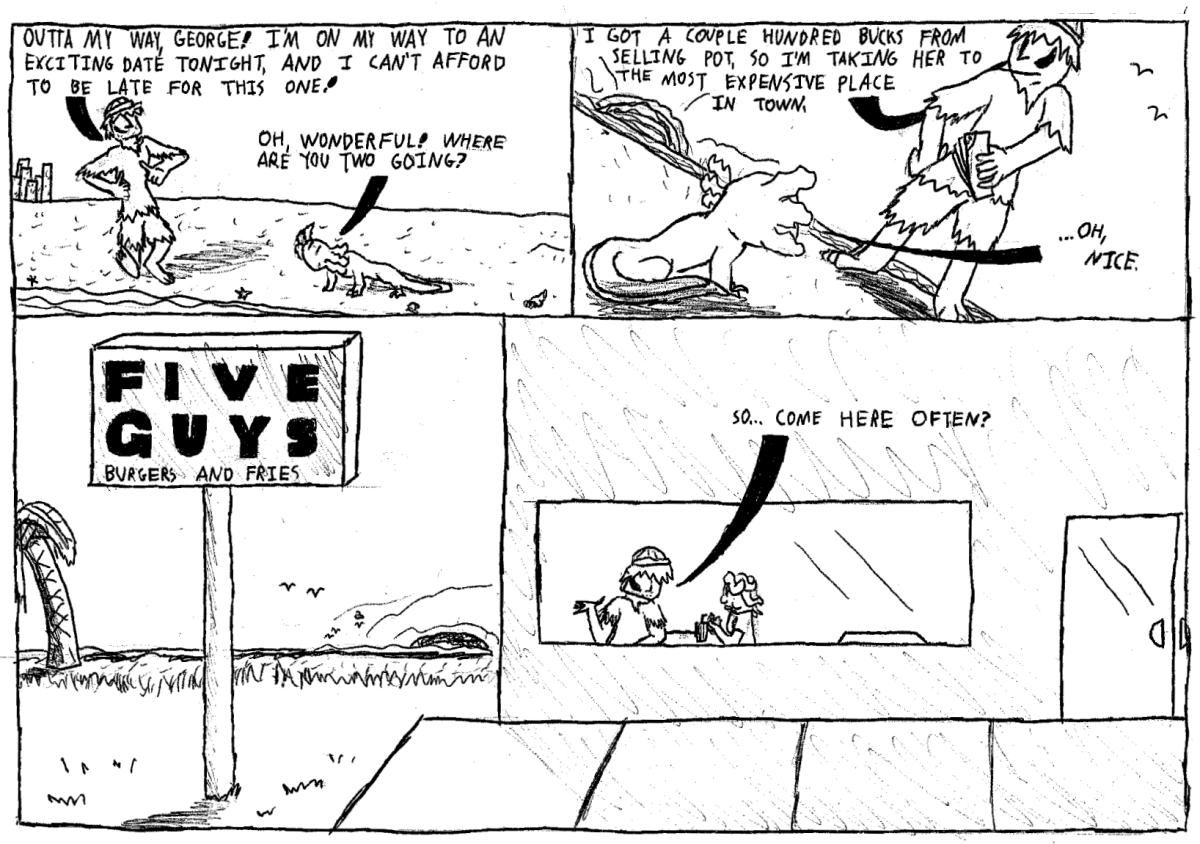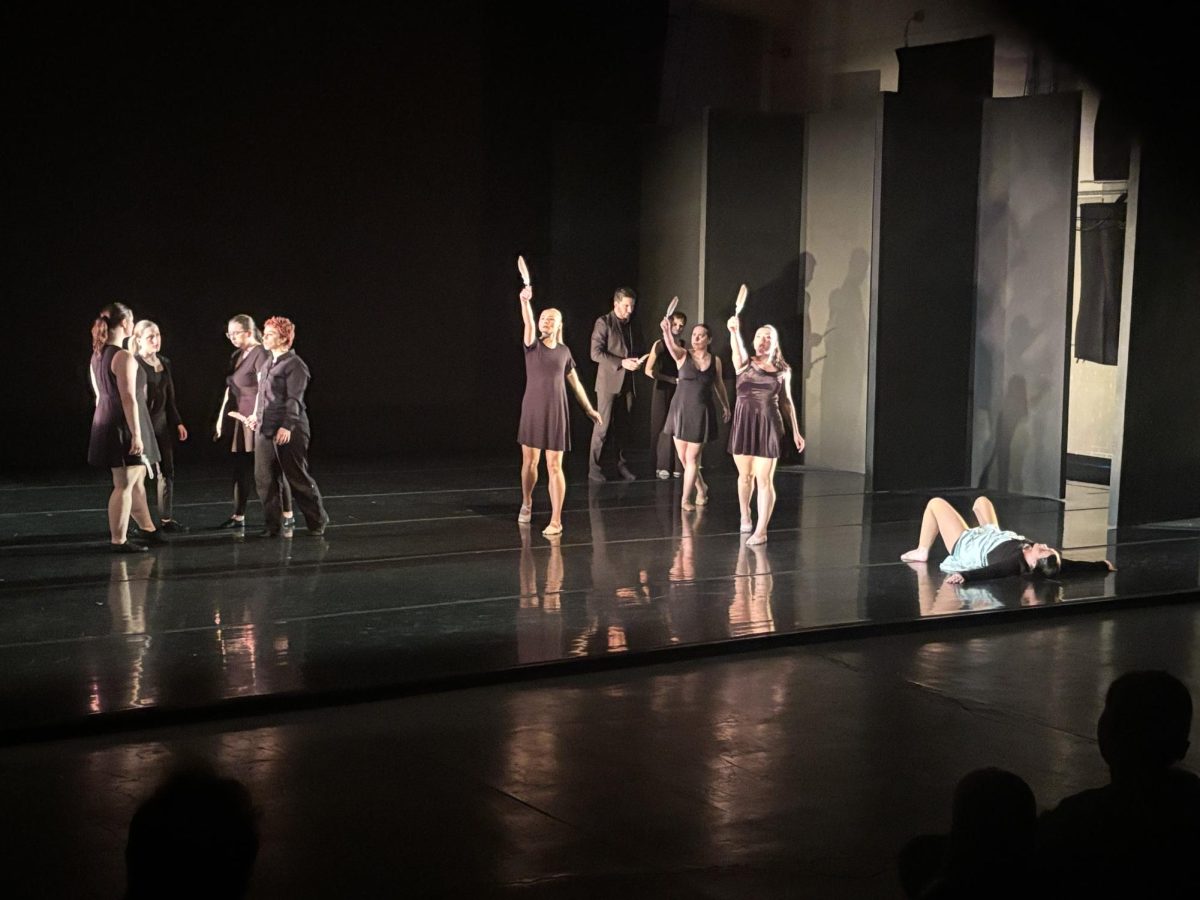Entertainment isn’t everything. Every now and then you need to skip out on the theater and get some knowledge. But reading takes forever, classes can be a bore and staring at computer screens all day has negative long-term consequences for your vision (according to WebMD).
No disrespect to magazines, professors and Wikipedia, but Netflix Instant is what’s hot in learning right now.
Just boot up the browser and you’re treated to literally hundreds of documentaries and PBS programs. Best of all, everything is sorted for you.
This week my Netflix instant queue recommended “The Lottery,” a movie about a lottery in the most ironic sense of the word.
In Harlem, some school districts are passing just over 10 percent of their students. Other schools, the charter schools, are sending most of their classes to college. So, of course most parents would rather see their children go to college than read four grade-levels below their age.
Everybody applies to the good schools. But not everybody can get in. That’s why there’s a lottery: some students win and presumably have a future. Other students lose and presumably drop out and go to jail.
You might ask, “But why aren’t there enough good schools?” And “The Lottery” answers, quite simply, the teacher’s unions.
Or maybe you’d ask, “Why are the bad schools bad?” Again, the same answer, it has got to be the teacher’s unions.
I’m far from an education policy expert, but “The Lottery” strikes me as somewhat uncritical. We’re told that the teacher’s union prevents bad teachers from being fired. Fair point.
We’re told that administrators cannot update the operations of schools because of the unions. Another reasonable point.
Then we’re told, in anecdotal terms, that the union “thugs” threaten the lives of charter school administrators and hires protesters to travel to Harlem and picket charter schools.
But director Madeleine Sacker never presents a single interview critical of charter schools.
There’s nothing wrong with letting the subjects tell their stories. There is something wrong with only telling half the story.
Because the debate over public versus charter is so stunted, “The Lottery” tries to find its soul in the families and single parents trapped in the middle. We hear from a deaf single mother, an immigrant from Cote d’Ivoire and a family of MTA workers.
Sacker seems to have handpicked her subjects based on their diversity and willingness to cry on camera. Yet somehow all the parents are interchangeable. Everyone just wants their children to get into the charter school.
So all the parents and children gather in an elementary school gymnasium and wait for their numbers to be called. Some parents leave happy, others leave heartbroken. They console themselves with a “there’s always next year,” but the audience knows that the achievement gap grows wider every year for these kids.
We’re supposed to react emotionally, exclaiming, “How unfair these random lotteries must be! Build more charter schools so there are no more lotteries!”
Instead of teaching its audience something tangible, like why public schools in poor black neighborhoods aren’t working or who let the unions and politicians get in bed, “The Lottery” feeds its audience a conclusion solely by emotional appeal.
If you want to learn and be entertained, watch NOVA scienceNow.
If you want to be entertained, there’s an adaptation of “The Most Dangerous Game” starring Ice-T and Gary Busey that instant queue on Netflix says is great.







